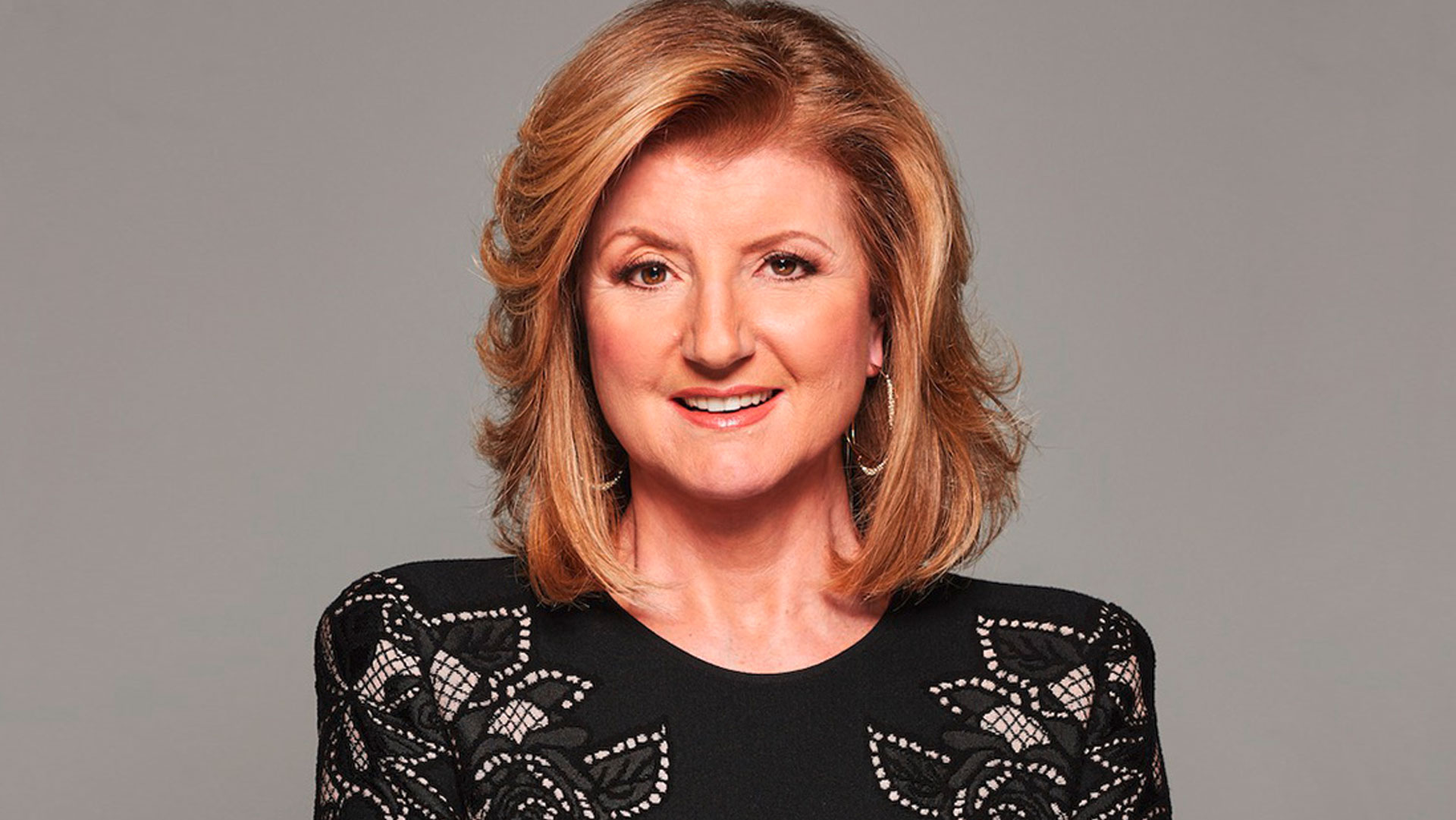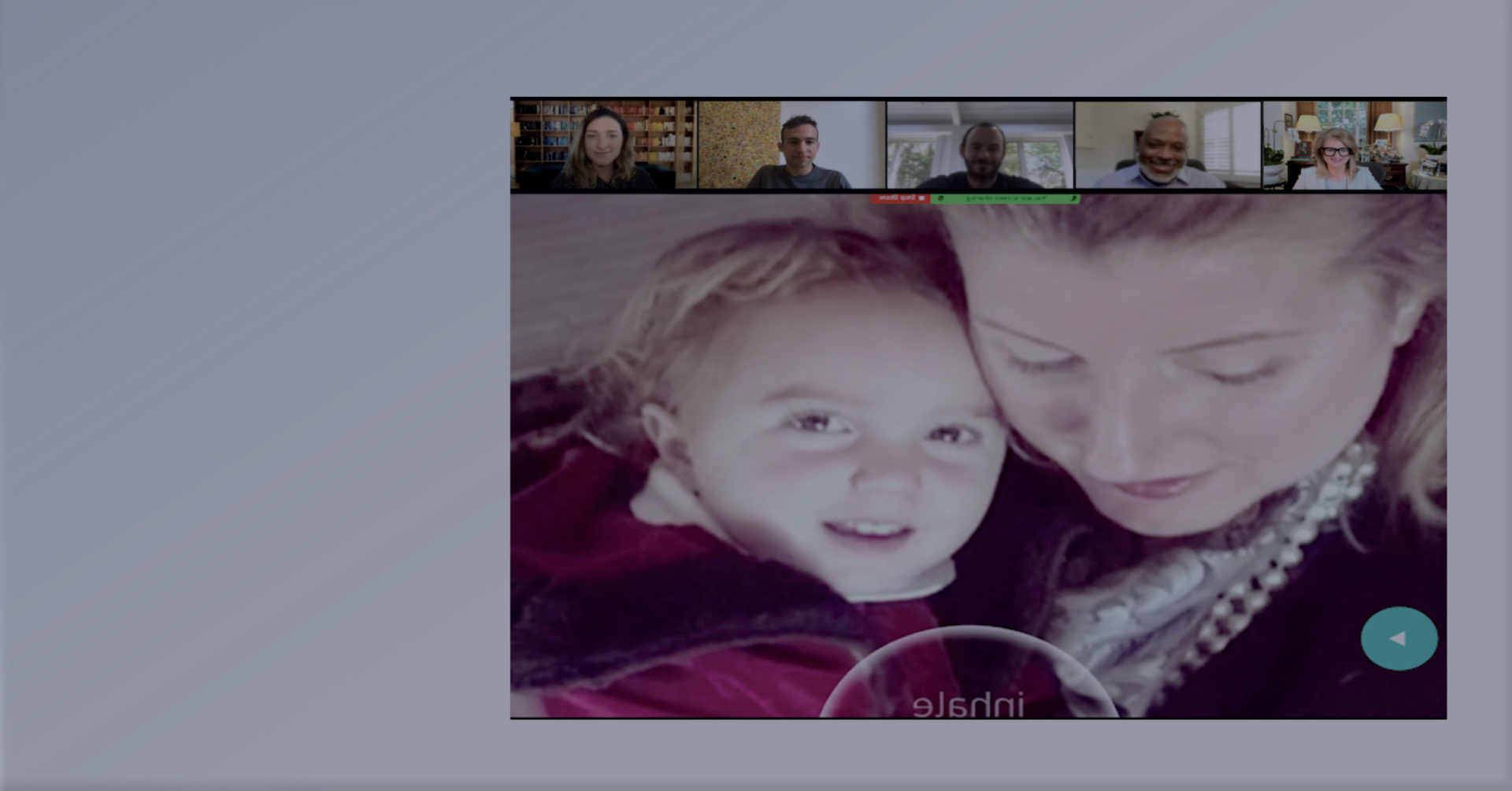In May of 2020, Microsoft CEO Satya Nadella warned that we should “be on the lookout for what is lost” as people around the world began working from home. “What I miss is when you walk into a physical meeting, you are talking to the person that is next to you, you’re able to connect with them for the two minutes before and after,” he said. “Maybe we are burning some of the social capital we built up in this phase where we are all working remote.”
So as we move forward into a hybrid world, we need to find ways to rebuild the social capital that we accrued more naturally in the in-person pre-pandemic world. The where and how of work have changed, but who we are remains the same: human beings hard-wired to connect. If anything, our collective need to tap into the treasures we all have — our empathy and creativity, our capacity for intimacy and collaboration — by connecting with others and by connecting with ourselves has only grown stronger.
A Work Trend Index report by Microsoft shows that, as workers went remote during the pandemic, interaction and connection within immediate teams or close networks was strengthened, but interactions outside of those teams and networks was weakened. “Remote work makes for more siloed teams,” the report states. “Leaders must look for ways to foster the social capital, cross-team collaboration, and spontaneous idea-sharing that’s been driving workplace innovation for decades.” The Microsoft research echoes an earlier study by MIT Media Labs analyzing employee movement through their electronic badges. Researchers found that interaction and engagement outside of meetings was the best predictor of productivity. And as Anne-Laure Fayard, John Weeks and Mahwesh Khan noted in the Harvard Business Review, “studies have long shown that frequent in-person interactions lead to commitment, support, and cooperation among people on teams.”
The latest Work Trend Index shows feelings of disconnection and loneliness are rising, especially among hybrid and remote workers. As organizational psychologist Constance Noonan Hadley says, “Without a new approach, employee isolation and disconnection will continue to grow — regardless of whether people are back in the office. The post-pandemic transition provides the perfect opportunity to put the structures and rewards in place to facilitate a more connected workforce.”
So how can companies continue to build social capital, nurture connection and collaboration and drive innovation among employees working remotely? By replacing the serendipitous connection with new, intentional rituals. As forward-thinking companies are showing, to create building blocks of social capital in a hybrid world, we need to be much more intentional about the ways we interact — from onboarding to the use of technology.
Thrive Reset is one of these hybrid tools — it’s based on neuroscience that shows that we can course-correct from stress in just 60 to 90 seconds. We have produced over 100 Thrive Resets to choose from on themes like gratitude, movement, mindfulness and reframing problems, and each Reset includes a guided breathing bubble that helps you inhale, exhale and interrupt stress before it can become cumulative, overwhelming and damaging to our health. You can also create your own personal 60-second Resets by selecting images, quotes, and music that bring you calm and joy.
Reset activates our parasympathetic nervous system, lowering our levels of the stress hormone cortisol. By lowering our stress levels, Reset allows us to move out of survival mode, access our empathy, and be more fully available to connect with others and collaborate on a deeper level. And the personalized Resets are even more powerful as builders of social capital. At Thrive, we’ve brought Reset into our meetings, beginning each of our All Hands with a different member of our team sharing their Reset with the rest of the company. Instead of launching straight into updates and announcements, we get an intimate glimpse of our colleagues by being brought into their world — the people, the music and the quotes they love. Photographs of places they’ve traveled, cute pets, passions and talents we’d otherwise never know about. It’s amazing how much we can learn about each other in 60 seconds. Sharing Resets in meetings, within teams or across teams, is a way to break out of the silos of the hybrid world, create moments of serendipity and connection, and build social capital.
Creating your own personal Reset is now part of onboarding at Thrive. Onboarding has never been more important than it is now in our hybrid world. And a powerful onboarding ritual we’ve implemented at Thrive is the Entry Interview between the new hire and their manager. The first question is: “What’s important to you in your life outside of work and how can we support you?” Answers can involve responsibilities, like childcare or elderly parents, but also whatever gives you joy in your life that you want to make time for. The Entry Interview is all the more important when, as is often the case, the manager has never met the new employee. And to keep their connection strong, managers and employees revisit this initial Entry Interview conversation during their regular one-on-ones.
And here are some other creative new rituals I love that help build social capital. Gitlab, which bills itself as the world’s largest all-remote company, has a Slack channel called #donut_be_strangers in which team members use a Slack app called Donut that randomly pairs them with a colleague. Debbie Lovich, a Senior Partner at Boston Consulting Group, wrote about a leader who randomly FaceTimes junior colleagues: “When they answer with a startled (since she is so senior), ‘Hi, is everything O.K.? What do you need?’ she replies, ‘I normally get to bump into you in the cafe or elevator and hear how you’re doing. Consider this me bumping into you!’”
Shishir Mehrotra, Coda’s CEO, has compiled a great list of rituals for our hybrid world. Obviously not all of these rituals will feel right for all companies. The key is to find the rituals that match your own culture. At Gusto, offer calls are turned into mini-parties in which team members jump in to say positive things about the new hire. At Brex, the leadership team will share photos in what functions as the team’s internal Instagram, along with a hashtag like #BakingBananaBreadAgain or #Golf. And then weekly meetings open with a fun discussion of the new photos that have been uploaded. At Zapier, before each meeting, a pre-meeting health check is sent around in which attendees list how they’re feeling, choosing from a menu of status descriptions like “Smooth sailing,” “Anxious but okay,” and “Frustration/blockers.”
At the online book club platform Fable, CEO Padmasree Warrior has introduced a Swedish ritual called “fika.” Each week a new question is posted on Slack. For example, “What true crime story do you obsess about?” And “If you could live in any fictional world — which one and why?” Whoever posted the topic acts as host. As Warrior put it, “When you share a great story with a friend or co-worker, you forge stronger connections as you discover new characters, places, and ideas together — an idea that’s at the heart of Fable.” At the email client company Superhuman, there are Friday Tweet Readings where founder and CEO Rahul Vohra re-enacts positive tweets that customers have posted that week about Superhuman team members. As Mehotra writes, “Rahul believes that this public love is a flywheel — every such advocate creates new loyal Superhuman customers, so his ritual helps give his team a sense of purpose when they work with their user base.” And there are even metaverse rituals emerging! At Gather.town, for example, teams search for a virtual cookie hidden somewhere in the virtual office. The finder wins a Cookie Monster hat.
However you do it, the key to creating new rituals to build social capital is to be intentional. It might seem paradoxical to be deliberate about creating serendipity, but this is the only way to create the space and seed it with elements that can spark human connection. And the stakes are high. As the Microsoft report concludes, “The data shows that rebuilding social capital and culture isn’t just nice to have — it’s a business imperative.” The pandemic has given us a once-in-a-generation opportunity to transform how we work. By creating new rituals of connection, we can create a more human workplace, no matter where we are located.

Arianna Huffington
Founder & CEO at Thrive Global
Arianna Huffington is the founder and CEO of Thrive Global, the founder of The Huffington Post, and the author of 15 books, including Thrive and The Sleep Revolution. In 2016, she launched Thrive Global, a leading behaviour change tech company with the mission of changing the way we work and live by ending the collective delusion that burnout is the price we must pay for success. She has been named to Time Magazine’s list of the world’s 100 most influential people and the Forbes Most Powerful Women list. Originally from Greece, she moved to England when she was 16 and graduated from Cambridge University with an M.A. in economics. At 21, she became president of the famed debating society, the Cambridge Union. She serves on numerous boards, including Onex and The B Team. Her last two books, Thrive: The Third Metric to Redefining Success and Creating a Life of Well-Being, Wisdom, and Wonder and The Sleep Revolution: Transforming Your Life, One Night At A Time, both became instant international bestsellers. Most recently, she wrote the foreword to Thrive Global’s first book Your Time to Thrive: End Burnout, Increase Well-being, and Unlock Your Full Potential with the New Science of Microsteps.
Unlock your people’s potential today
Enter your details to stay up to date with the latest news events and program updates.





